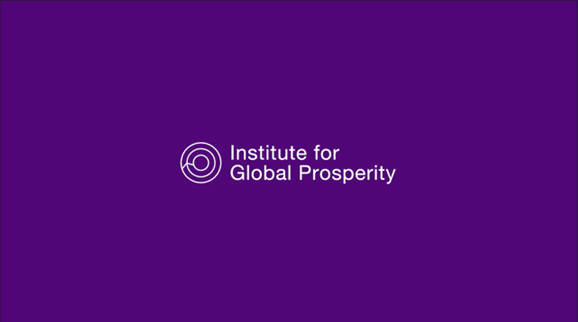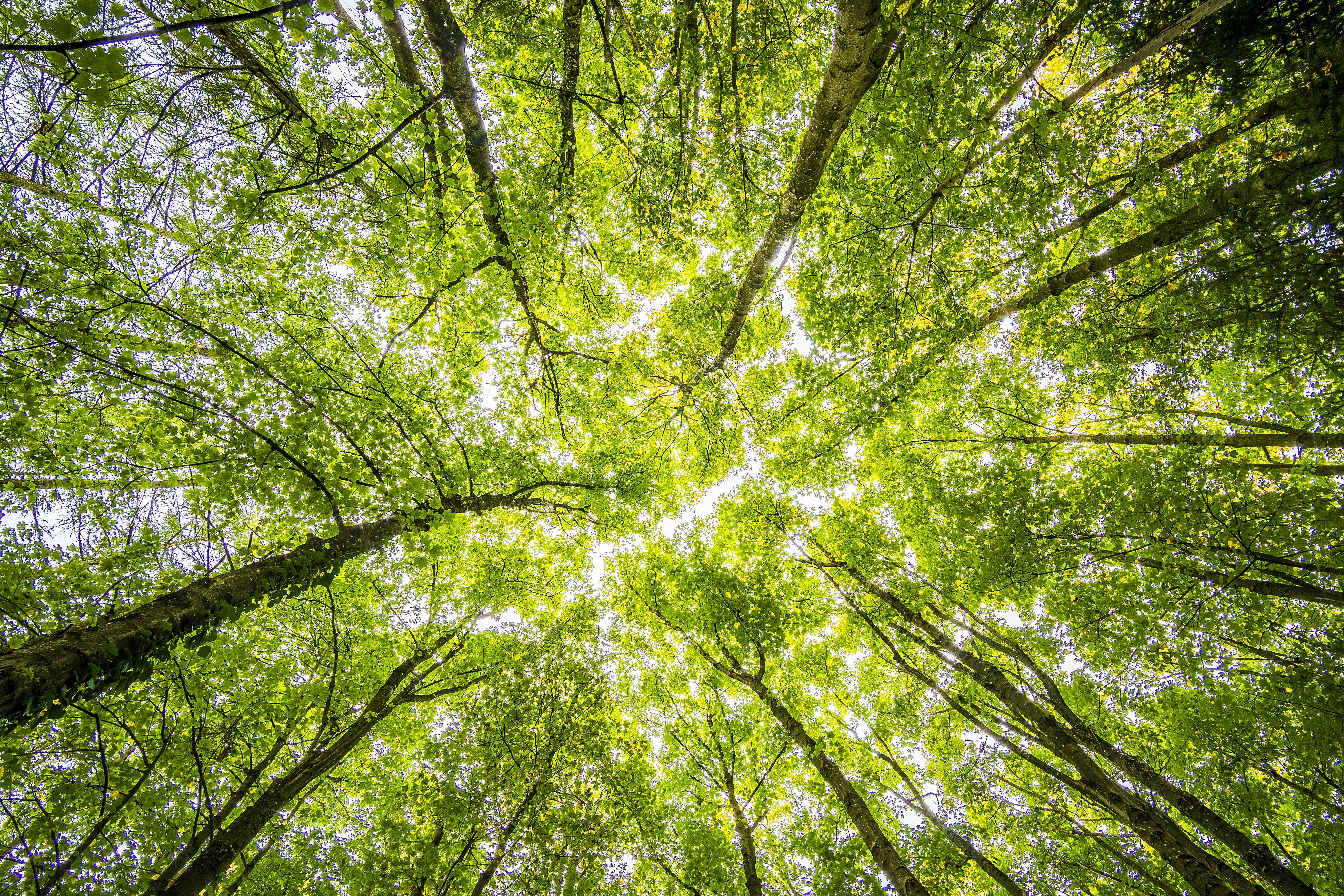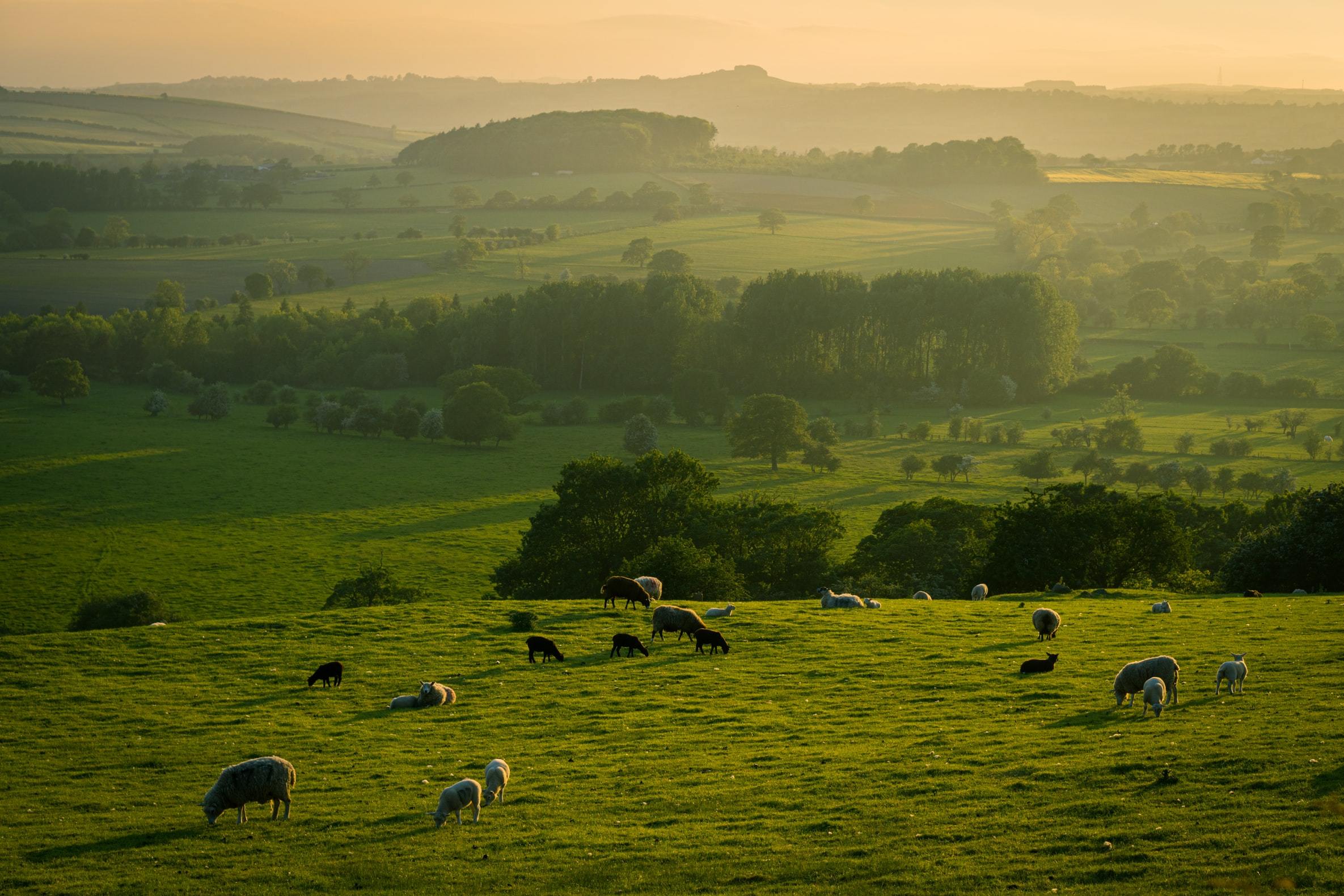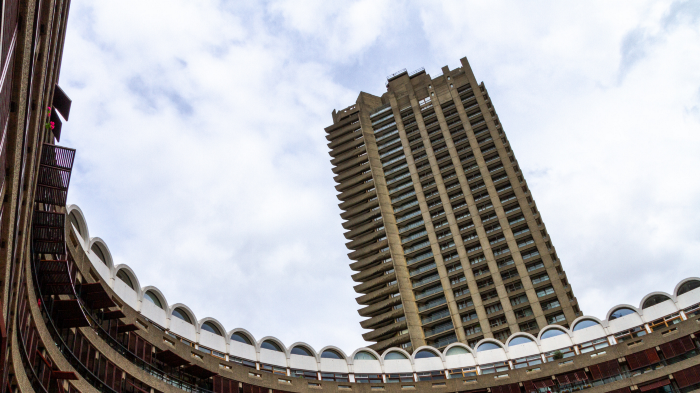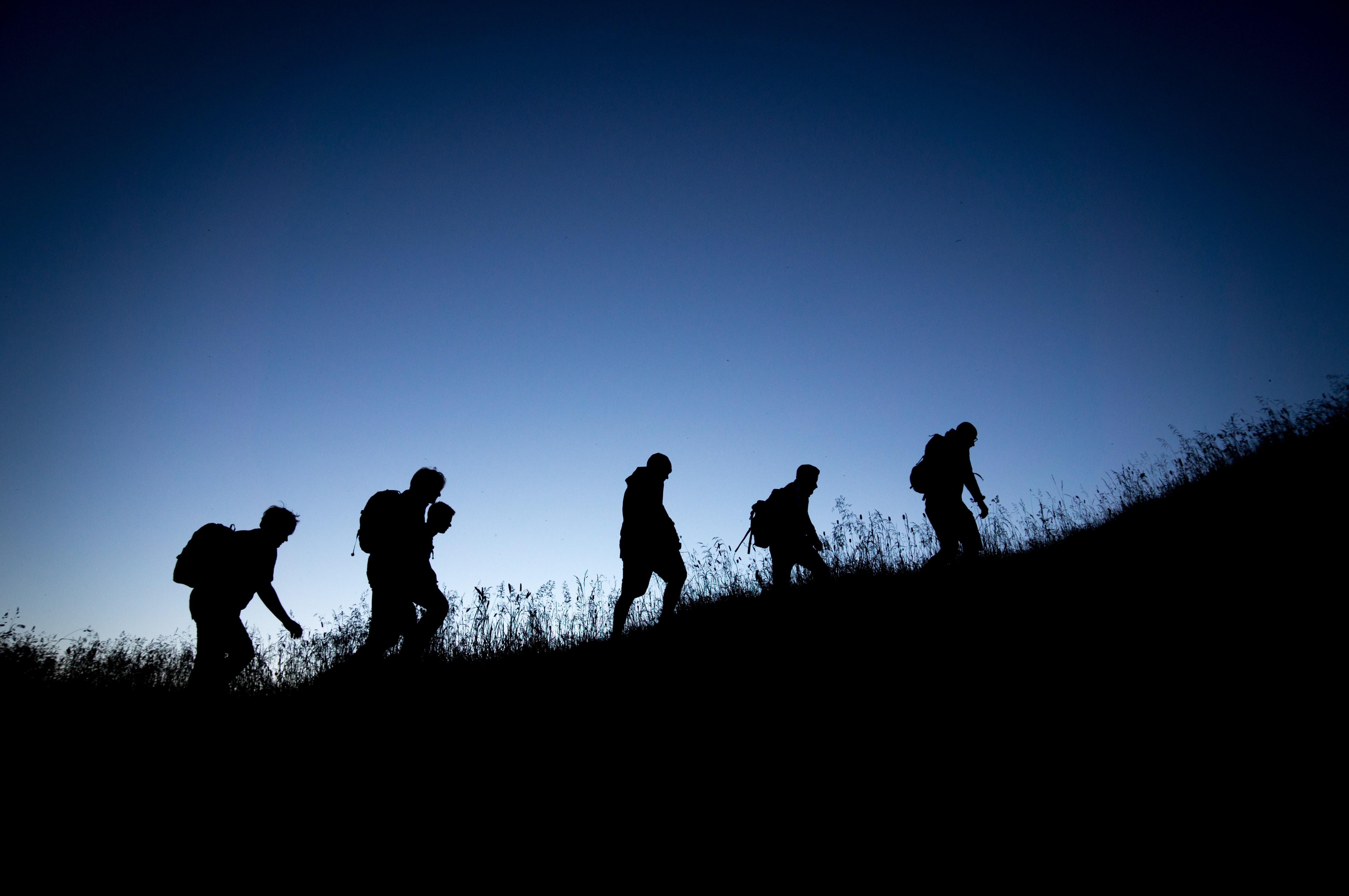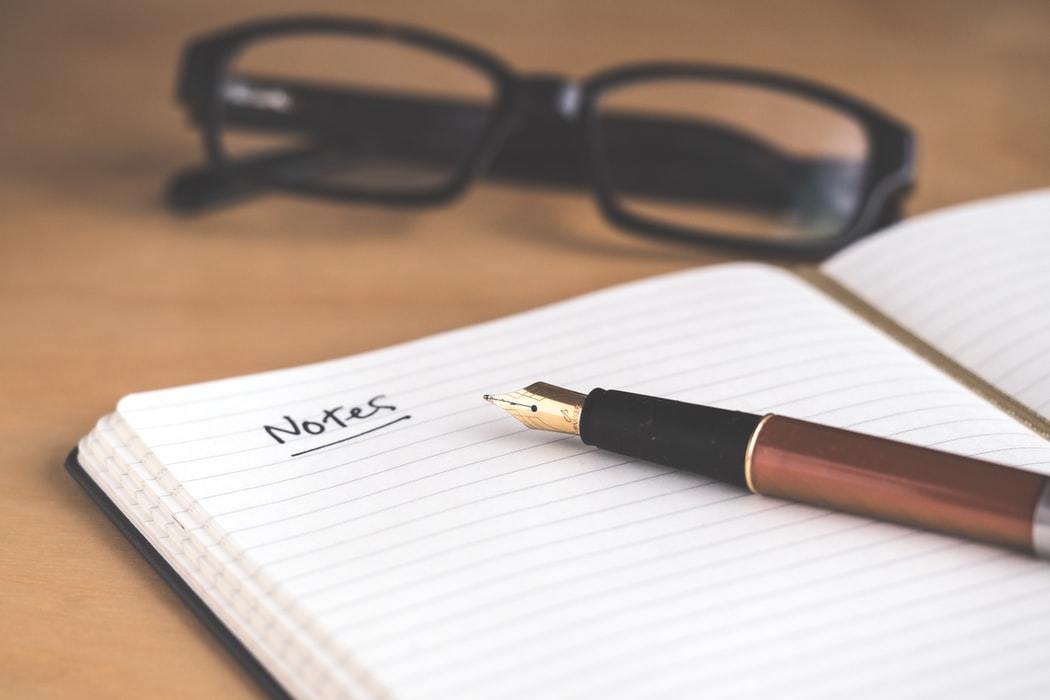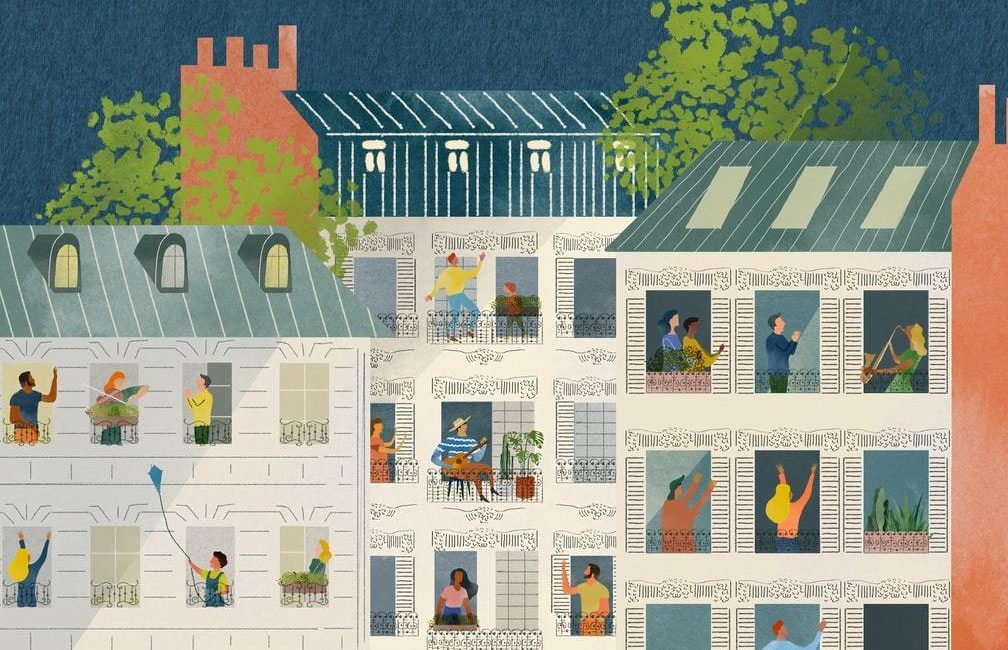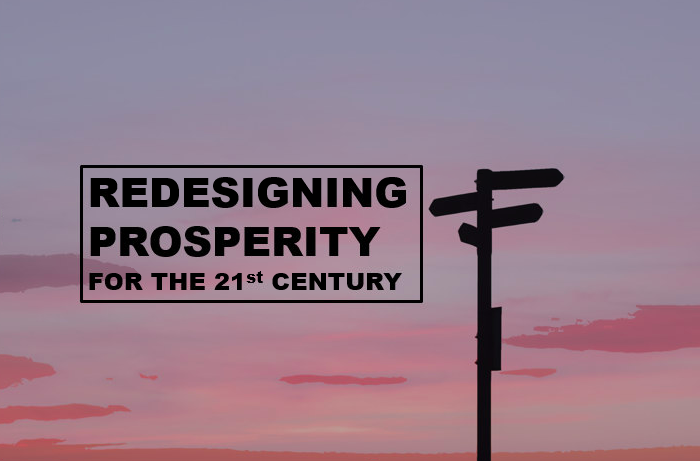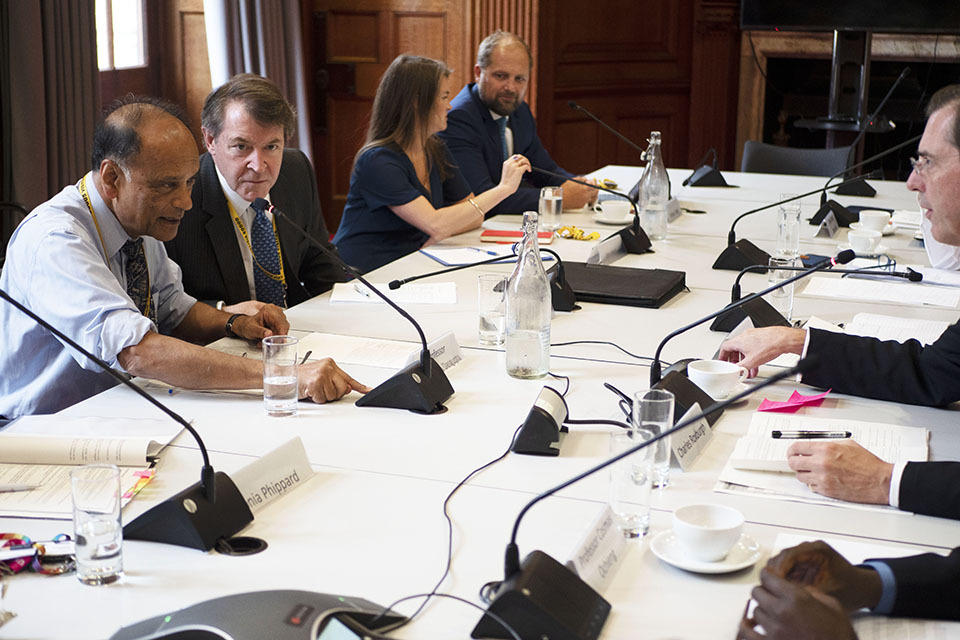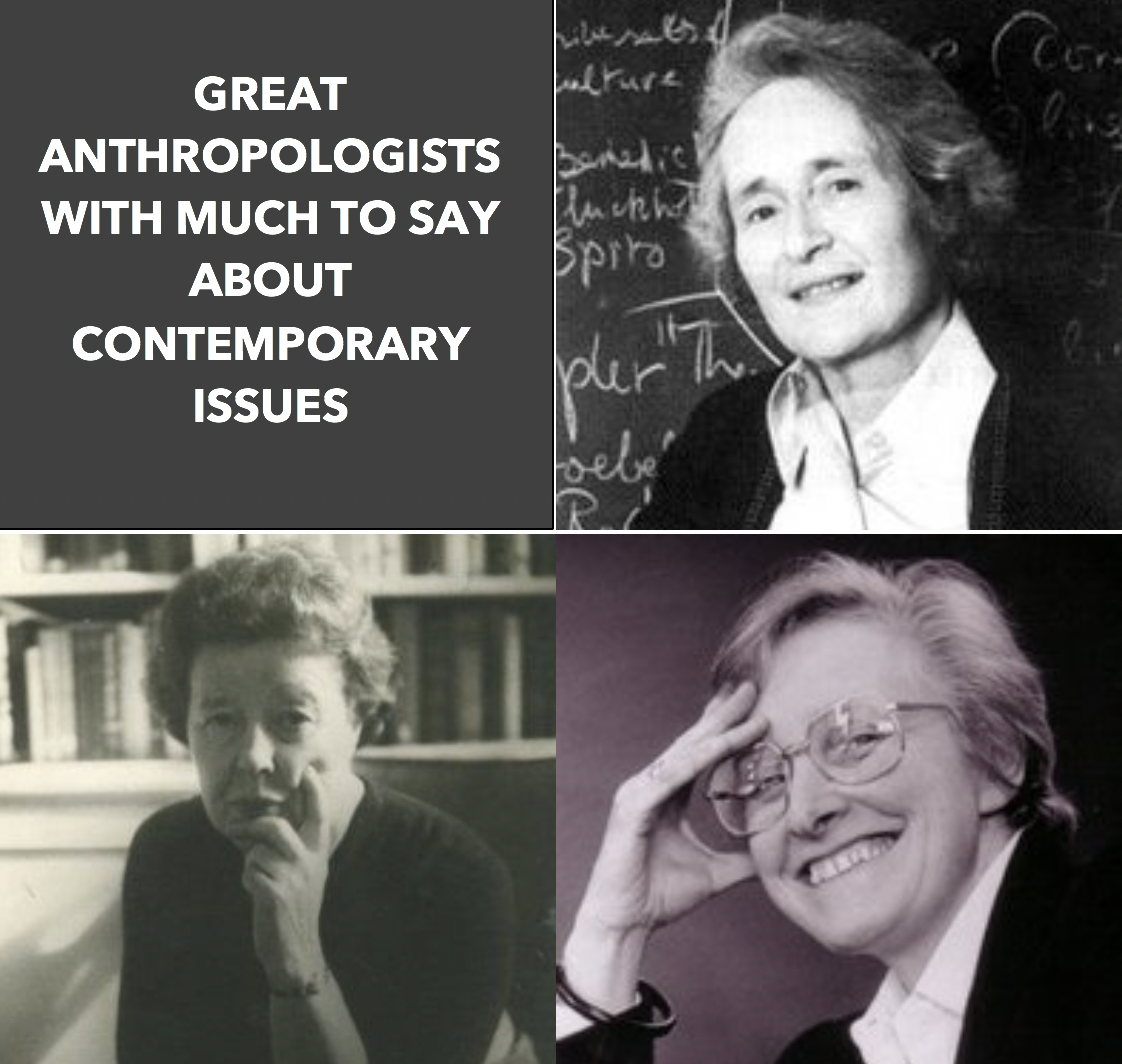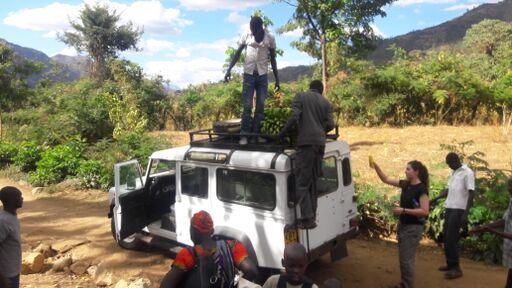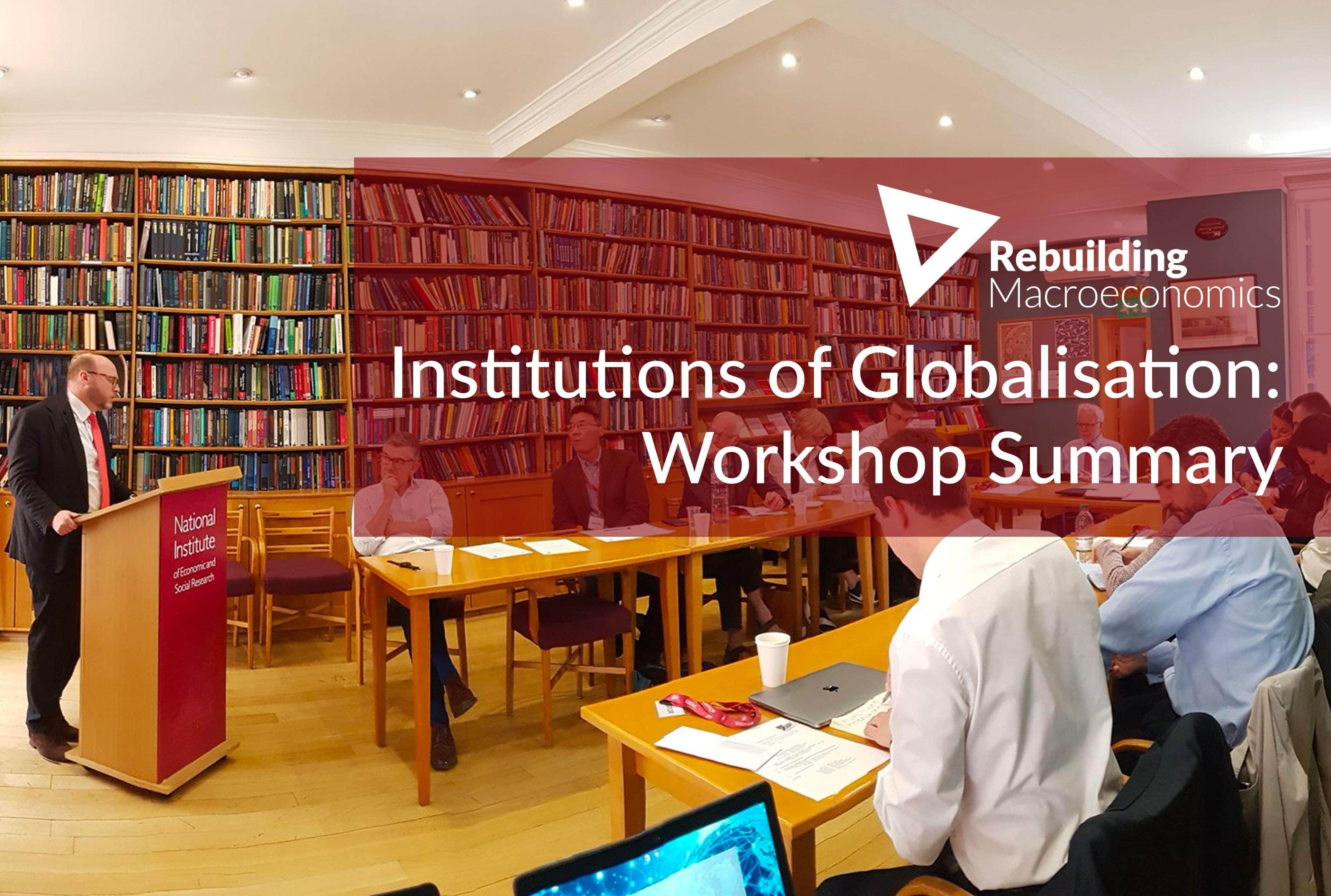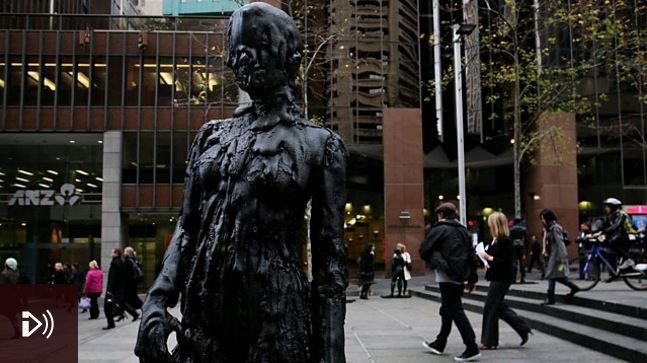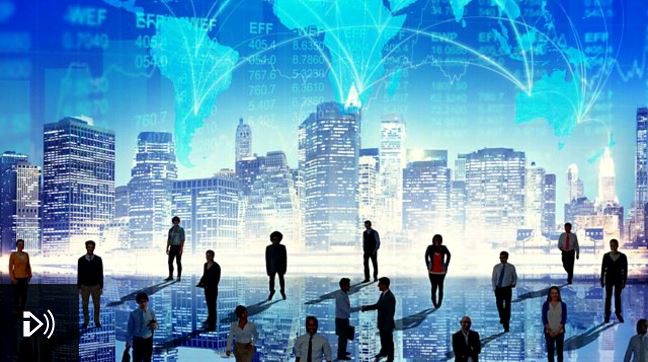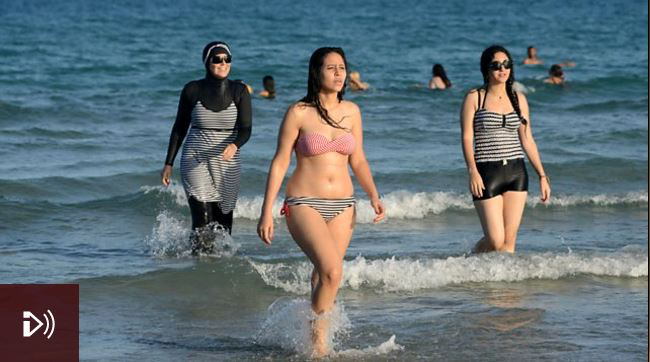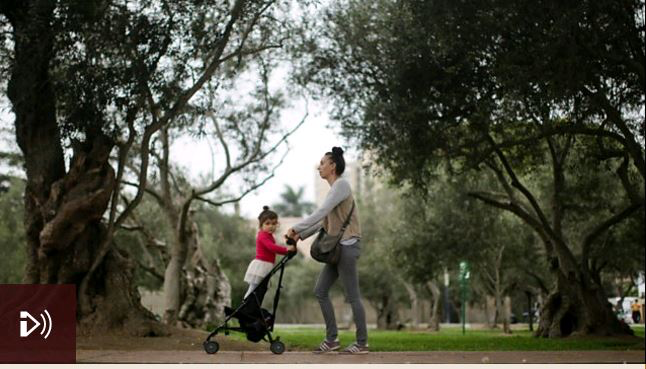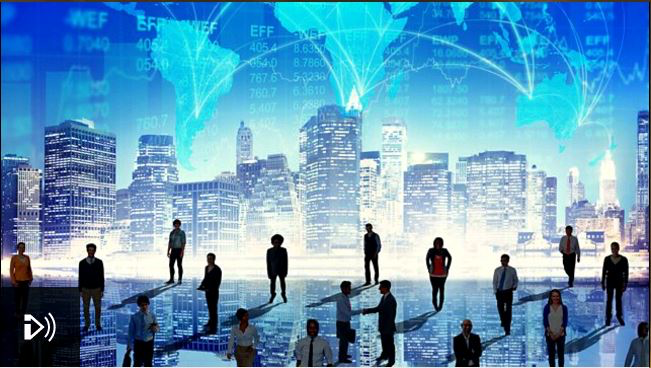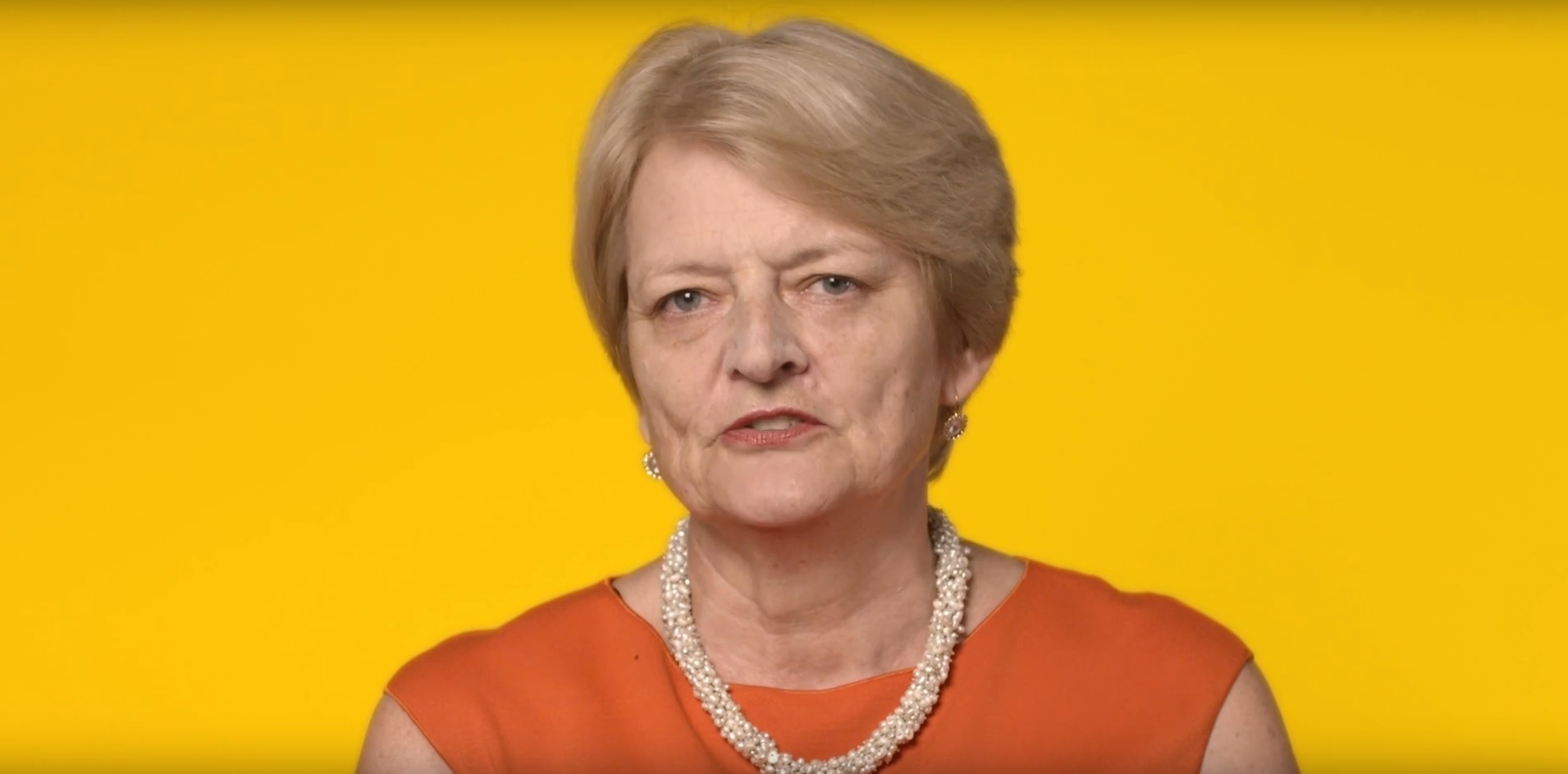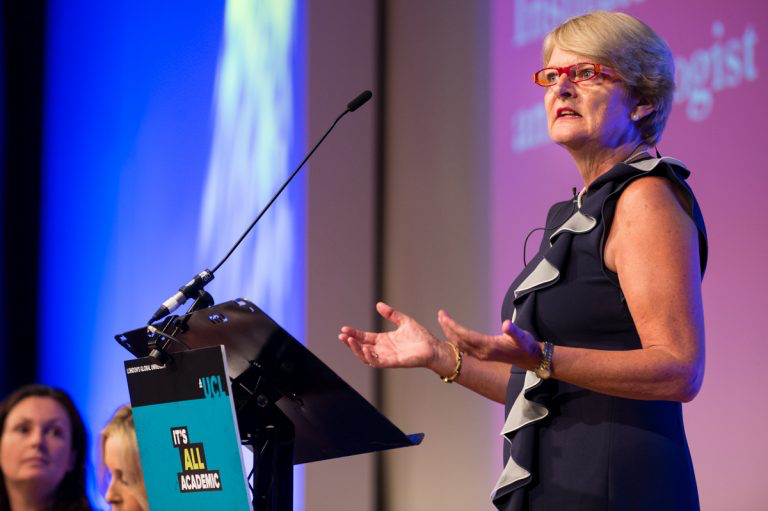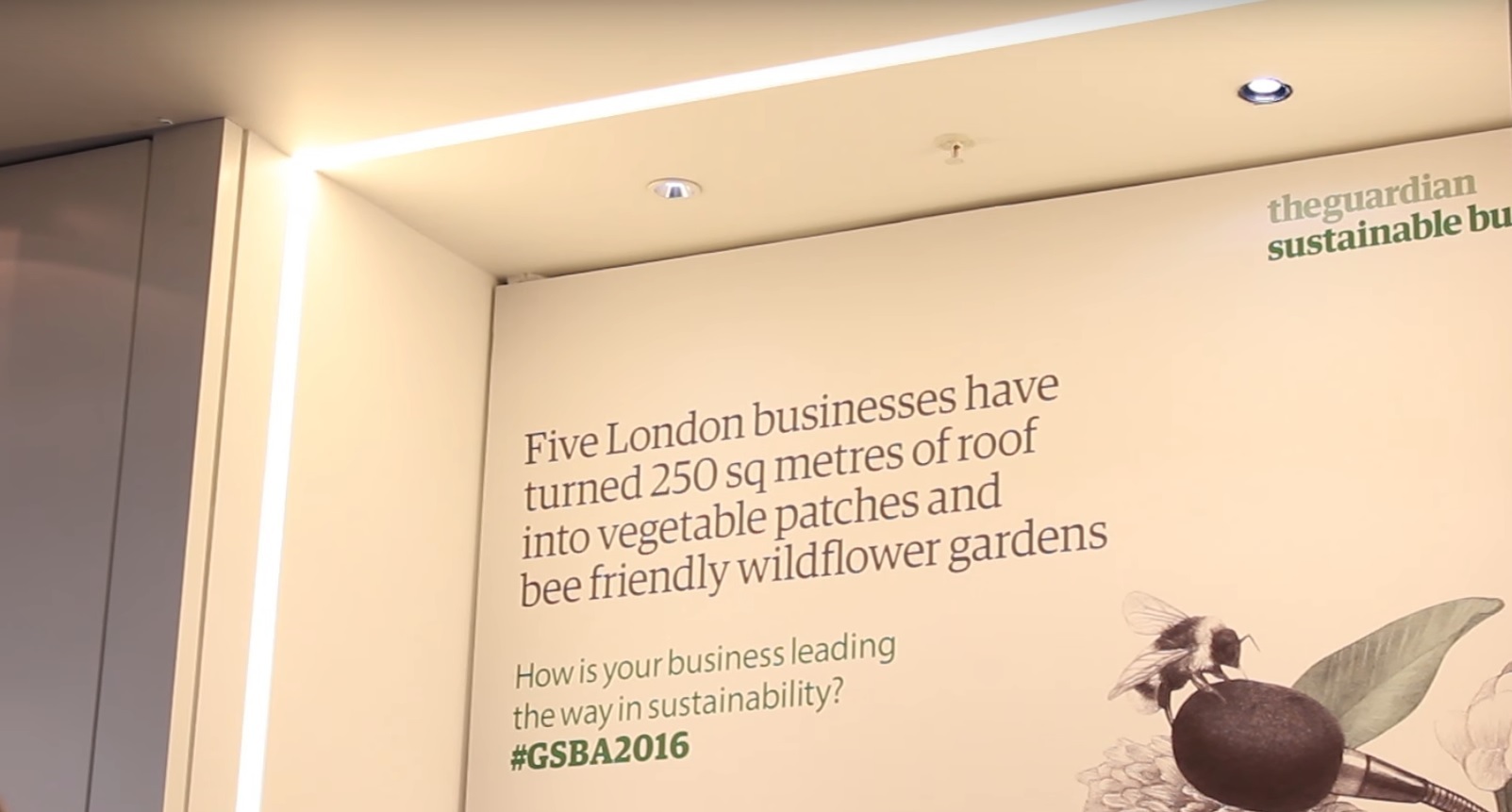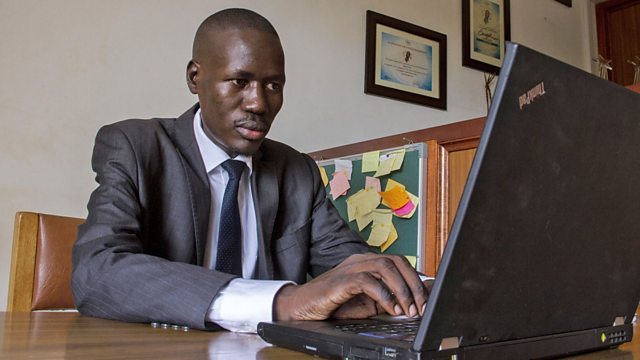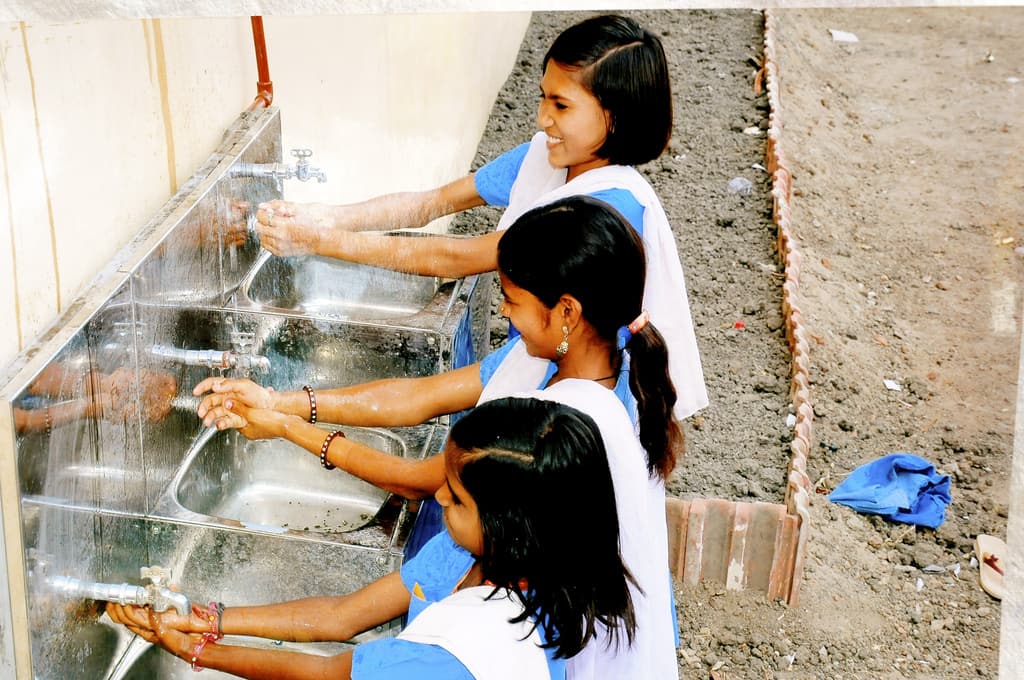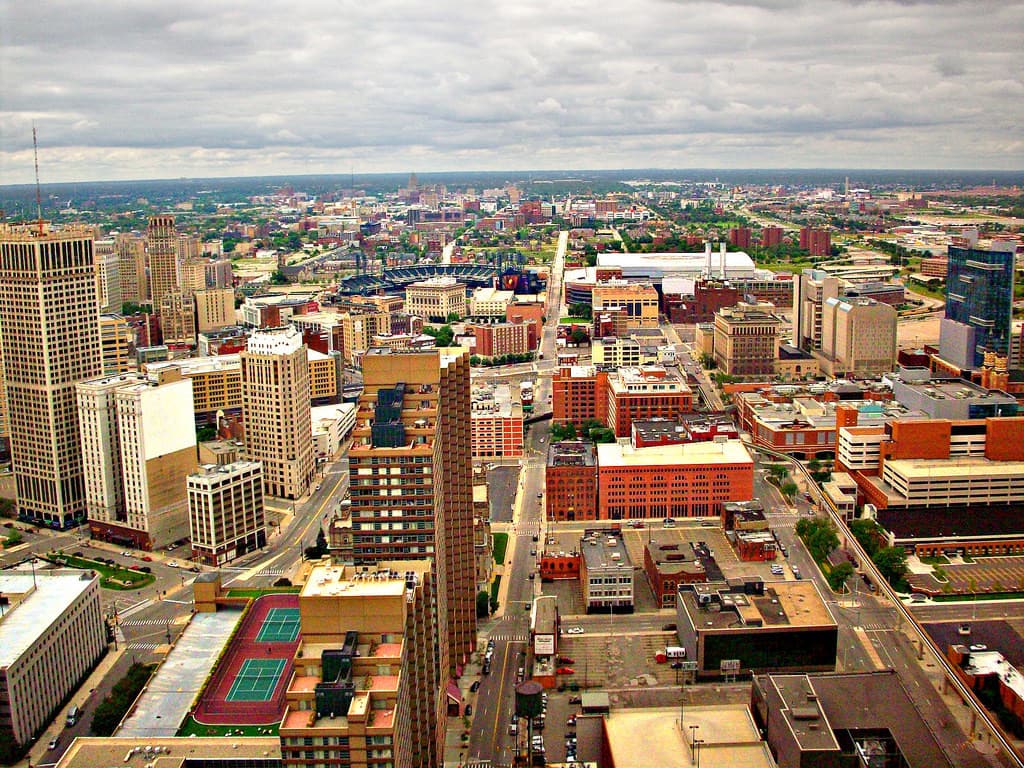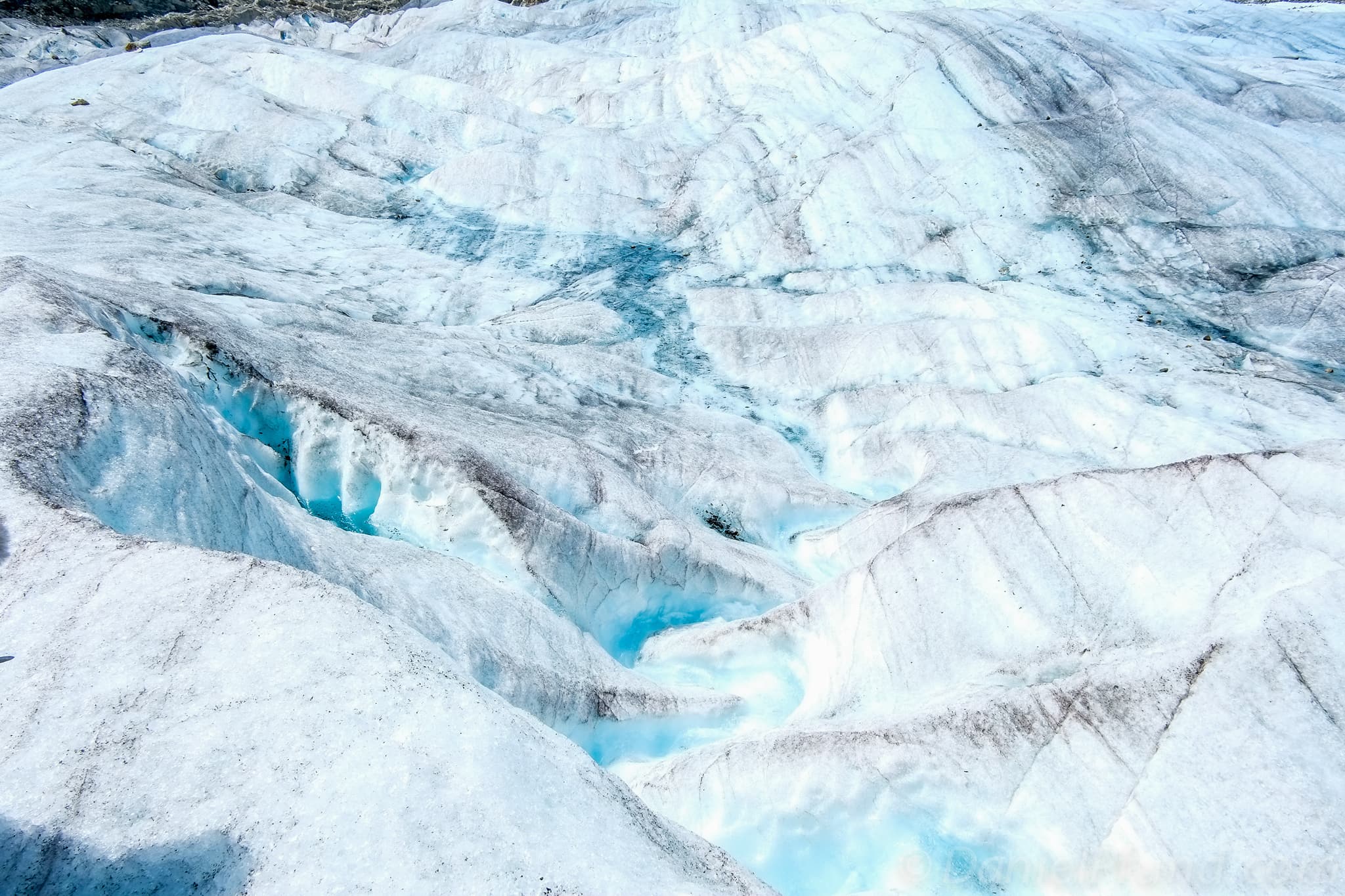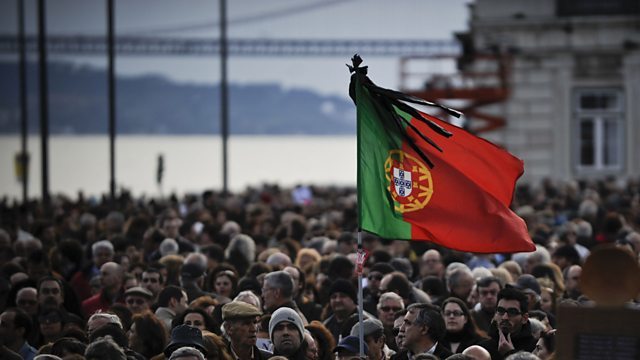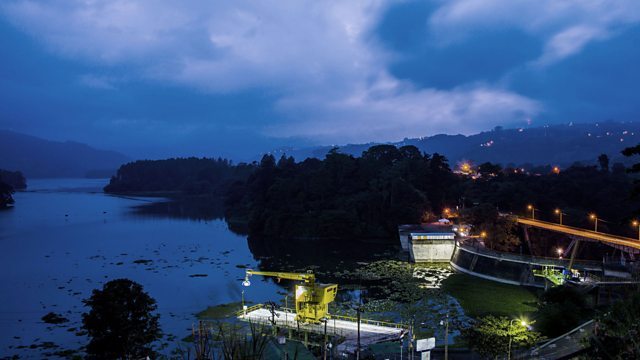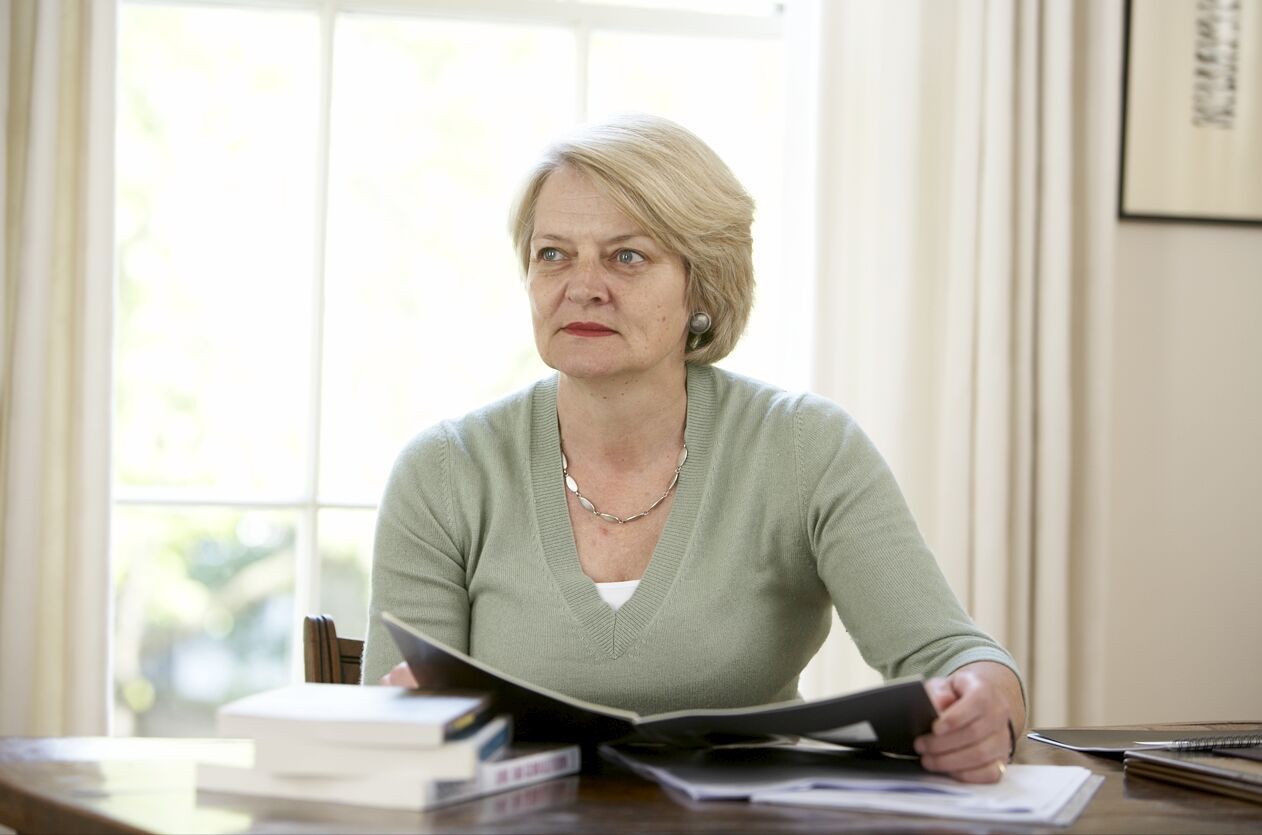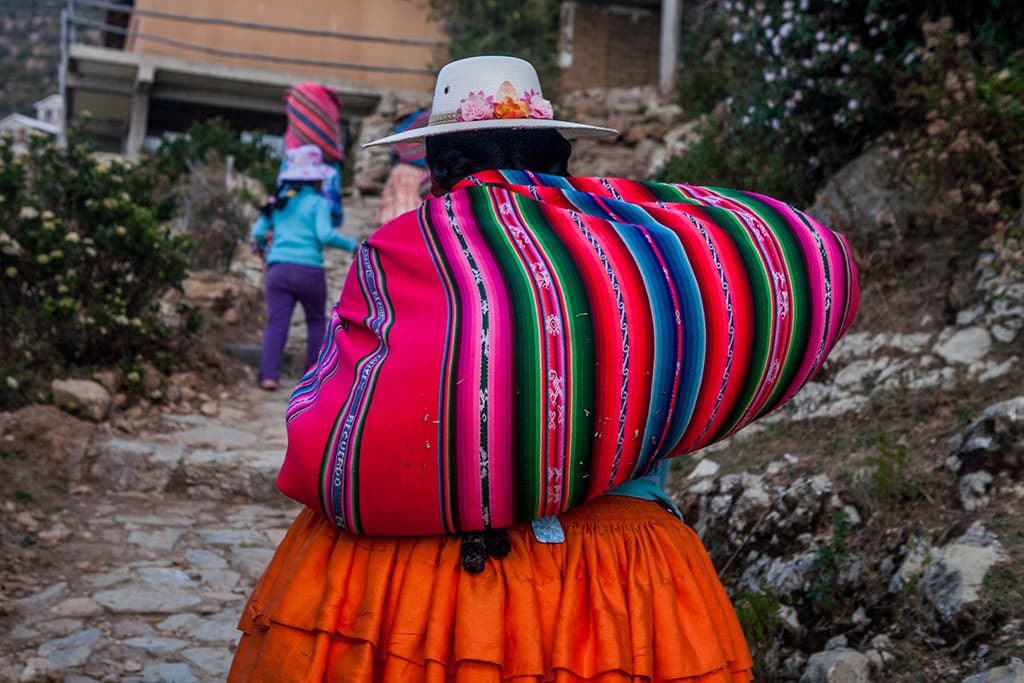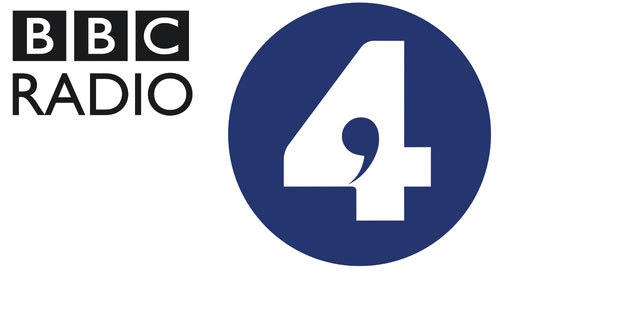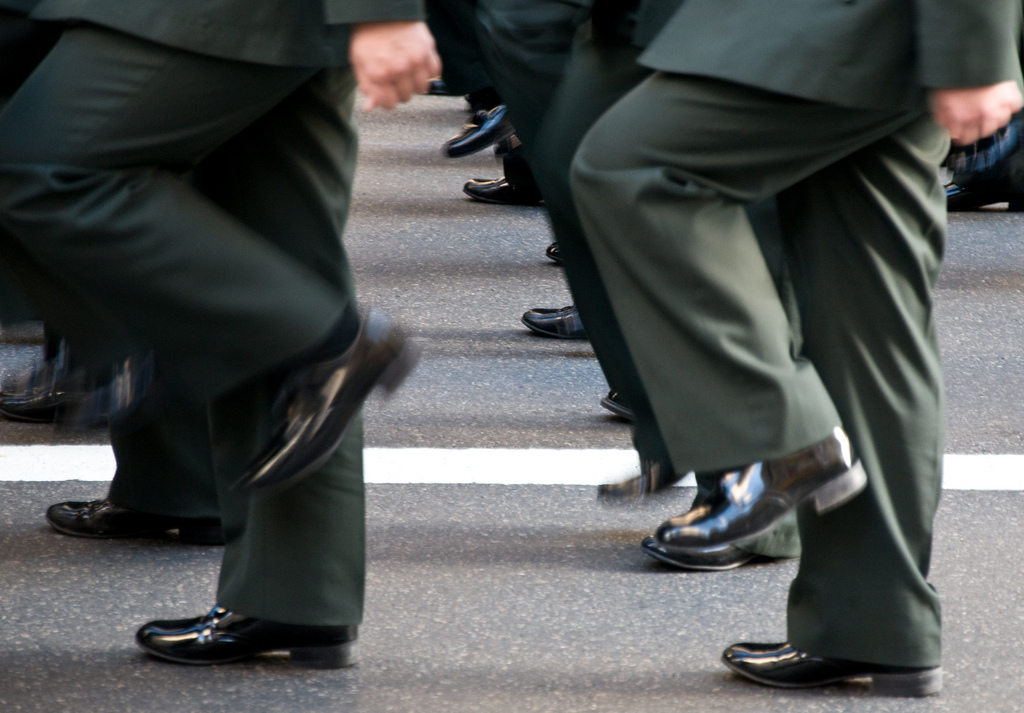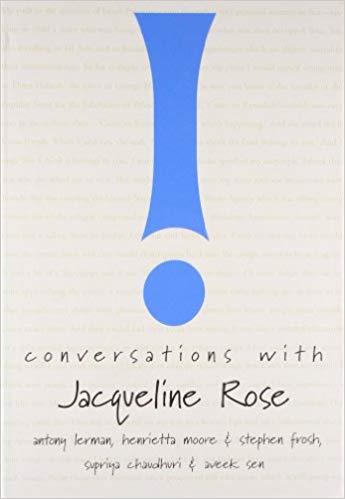Why a new definition of prosperity and radical ideas are needed to build back better post-pandemic and how to achieve this
Media
Using GDP alone to determine prosperity is inadequate and misleading, leading policy makers to draw faulty conclusions about levels of prosperity and appropriate interventions. But this new index is based on the theory that by sharing knowledge and trying radical new approaches, more innovative policy options that are targeted to specific local communities and effective at improving quality of life will open up...
Read MorePanel Discussion: Rebuilding Macroeconomics after the Pandemic
Media
Financial Crisis, nationalism and COVID-19 are all socio-economic pandemics in the last decade. Each one starts in a small corner of our world, then spreads across continents in a very short space of time. Each one is a surprise, and each one catches us unprepared. If we are to be prepared for the next pandemic or crisis, we need a different approach to economics.
Read MorePost-Covid Live 5: Farming the Future
Media
Post-Covid Live addresses the nature of society, the kind of government and the form of economy we will need and want after the crisis. It is no longer possible to endorse the market as the primary mechanism for creating value and solving problems.
Read MorePost-Covid Live 4: Cascading the Positive
Media
Post-Covid Live addresses the nature of society, the kind of government and the form of economy we will need and want after the crisis. It is no longer possible to endorse the market as the primary mechanism for creating value and solving problems.
Read MorePost-Covid Live 3: Everybody counts
Media
Post-Covid Live addresses the nature of society, the kind of government and the form of economy we will need and want after the crisis. It is no longer possible to endorse the market as the primary mechanism for creating value and solving problems.
Read MorePost-Covid Live 2: Energizing the Exit
Media
Post-Covid Live addresses the nature of society, the kind of government and the form of economy we will need and want after the crisis. It is no longer possible to endorse the market as the primary mechanism for creating value and solving problems. What kind of values will guarantee quality of life for all and how will they be created and defended? How will the major challenges of our times be tackled - the ones we cannot quarantine ourselves from - climate change, social inequality, food waste, mass displacement?
Read MorePost-Covid Live 1: Whatever it takes
Media
Post-Covid Live addresses the nature of society, the kind of government and the form of economy we will need and want after the crisis. It is no longer possible to endorse the market as the primary mechanism for creating value and solving problems. What kind of values will guarantee quality of life for all and how will they be created and defended? How will the major challenges of our times be tackled - the ones we cannot quarantine ourselves from - climate change, social inequality, food waste, mass displacement?
Read More‘My Perfect Country’: Shanghai – A Model for Teaching Maths
Media
In Shanghai, students are better at maths than anywhere else in the world. According to the OECD’s Programme for International Student Assessment, Shanghai maths students are three years ahead of the PISA average. That means a 15-year-old in Shanghai is better at maths than most 18-year-olds in the UK. And, 55% of students are considered ‘top performers’.
Read More‘My Perfect Country’: Bermuda – Solving Water Scarcity
Media
The solution to the world’s water scarcity problem could lie in the tiny, remote island of Bermuda. The island has battled water saving problems since its colonisation as it has no natural water resources – and therefore no natural pure water. It relies on one source alone – rain water.
Read More'My Perfect Country': India
Media
The fifth episode of 'My Perfect Country' (BBC World Service, 3 March 2016) examines India’s pioneering work on sanitation for women. With stories from the native workers who are inventing simple systems alongside active campaigning, she follows the changing attitudes towards women’s rights and their wellbeing. Our local reporter explores the corridors of universities to hear the young women who are putting themselves in charge of their own future – and whether those in charge of inspiring change nationwide are taking note.
Read MoreWhy glaciers don't like the smell of frying bacon
Media
Many communities around the world think of landscapes, plants, rocks, winds, non-human ancestors and a variety of physical phenomena, beings and entities as having consciousness and intentionality. Should we be using these ideas to regain our respect and sense of wonder about our planet?
Read MoreMy Perfect Country: Costa Rica
Media
In 2007 the government announced Costa Rica would be the first carbon-neutral country by 2021 – a race that includes Iceland, Norway and New Zealand. In 2015 this small Central American republic achieved another environmental milestone by generating all its electricity using 99% renewable energy. Do Costa Rica's green credentials make it a contender for the perfect country policy pile?
Read MoreMy Perfect Country: Estonia
Media
In this compelling new six-part series UCL Institute for Global Prosperity (IGP) team up with BBC World Service to build the 'perfect country'. The series is presented by broadcaster and writer Fi Glove, Martha Lane Fox and Director of UCL IGP Professor Henrietta Moore.
Read MoreIndividual Identity and Cultural Relativism
Media
In this British Council interview Henrietta L. Moore discusses the potential benefits and limitations of cultural relativism. What are the potential benefits and limitations of cultural relativism? How can psychoanalytic approaches enhance and enrich understanding? What is the impact of culture and technology on individual identity?
Read MoreThe Last Resistance - Jacqueline Rose in discussion with Henrietta L. Moore and Stephen Frosh
Media
Jacqueline Rose discusses her book "The Last Resistance" with Henrietta L. Moore and Stephen Frosh. "The Last Resistance" explores the power of writing to create and transform our political lives and examines the role of literature in the Zionist imagination.
Read More